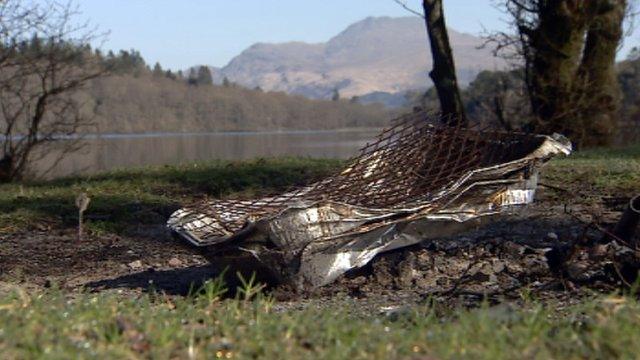Row over camping ban plan at Loch Lomond national park
- Published
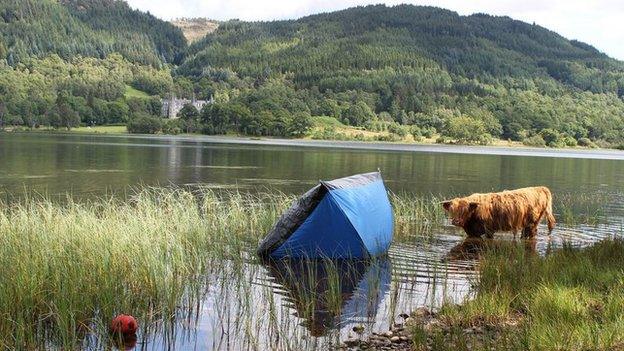
The proposed bylaws would make it an offence to camp outside authorised sites without a permit
Hillwalking and mountaineering groups have joined together to hit out at a planned camping ban in parts of a Scottish national park.
A consultation into measures aimed at combating vandalism and anti-social behaviour in the Loch Lomond and the Trossachs National Park closed on Monday.
The Mountaineering Council of Scotland said it had "serious concerns" over a proposal to ban camping in some areas.
Park bosses said "atrocious damage" was being caused by anti-social campers.
A 12-week consultation, "Your Park", was launched in October in a bid to crack down on damage being caused to the park.
Bylaws prohibiting camping without a permit at certain badly affected sites are part of the proposals, along with investment in new facilities and education initiatives.
Park bosses say similar measures introduced previously at East Loch Lomond resulted in a marked reduction in problems including littering, fire-raising and vandalism.
The two proposed "management zones", combined with the existing one at East Loch Lomond, would amount to less than 5% of the 720 square miles the park covers.
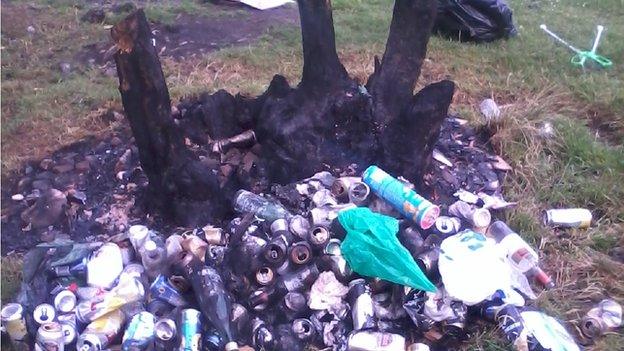
Littering and fire-raising are among the problems faced at over-used loch shores
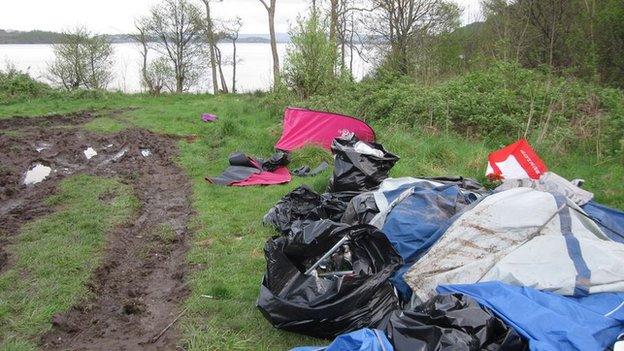
Park bosses said bylaws introduced at East Loch Lomond had made a positive impact
However, the Mountaineering Council of Scotland and Ramblers Scotland together expressed "serious concerns" over the matter, and called on the Scottish government to intervene.
Helen Todd, campaigns and policy manager with Ramblers Scotland, said existing laws should be enforced more strictly without introducing new bylaws.
She said: "By criminalising camping and other activities which are perfectly acceptable under Scotland's right to roam legislation, the Park Authority would create immense public confusion over what is acceptable when taking access to our countryside."
Andrea Partridge, access officer with the Moutaineering Council, added: "It is truly disgraceful that Scotland's first national park, with a primary purpose to promote public enjoyment of the countryside, is now proposing to remove a right to camp for the responsible majority.
"We acknowledge there is a problem with damage and overuse at certain key locations at busy times of the year, but there has been inadequate provision of camping and associated facilities by the Park Authority to help address this problem."
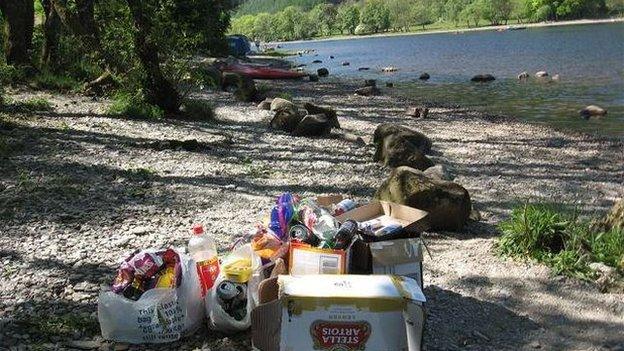
Two new management zones are proposed for areas popular with campers
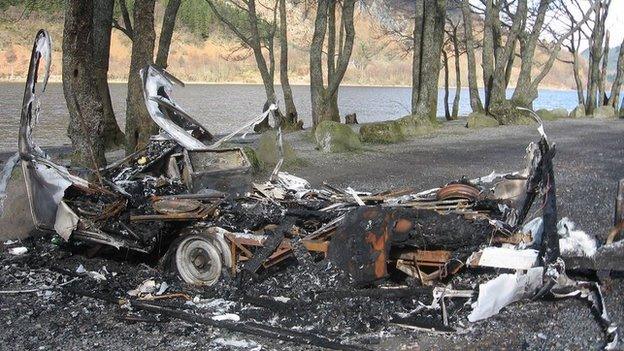
The park board warned anti-social visitors were causing "atrocious damage"
Gordon Watson, who this week became the park's chief executive having formerly served as director of operations, said such complaints did not take "the real situation on the ground" into account.
He said: "We understand that there is strong feeling on the part of outdoors enthusiasts about their right to roam.
"However, some of the arguments presented seem intent on downplaying the atrocious damage that is being caused to the environment of a national park, as well as the impact on residents and visitors.
"Enforcement of existing law already happens, but this is not deterring the problems as bylaws have done on East Loch Lomond.
"The many residents and visitors affected by these problems are impatient for action and rightly expect us to come up with effective solutions.
"The National Park Act gives us bylaw-making powers for a reason - we are expected to protect the environment from damaging overuse and abuse."
With the consultation now closed, Mr Watson said the park board would consider responses "fully and carefully" before making an proposal to the Scottish government.
- Published6 October 2014
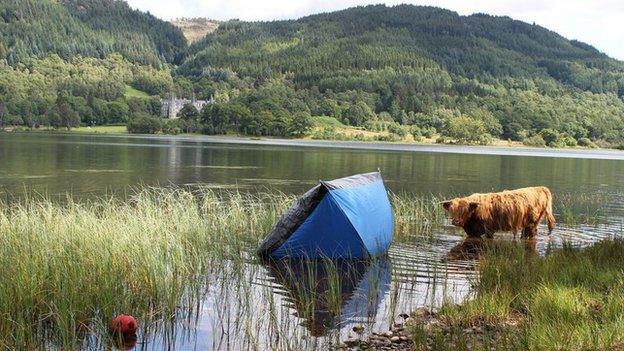
- Published2 October 2014
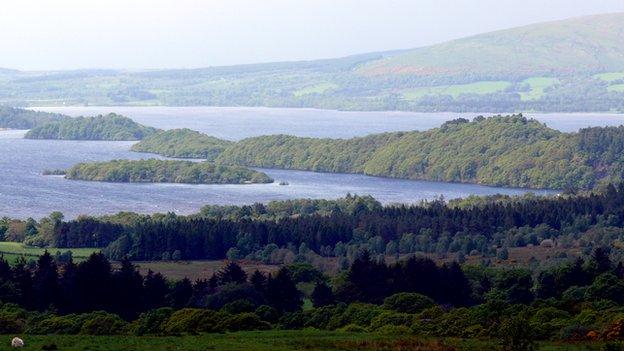
- Published2 October 2014
